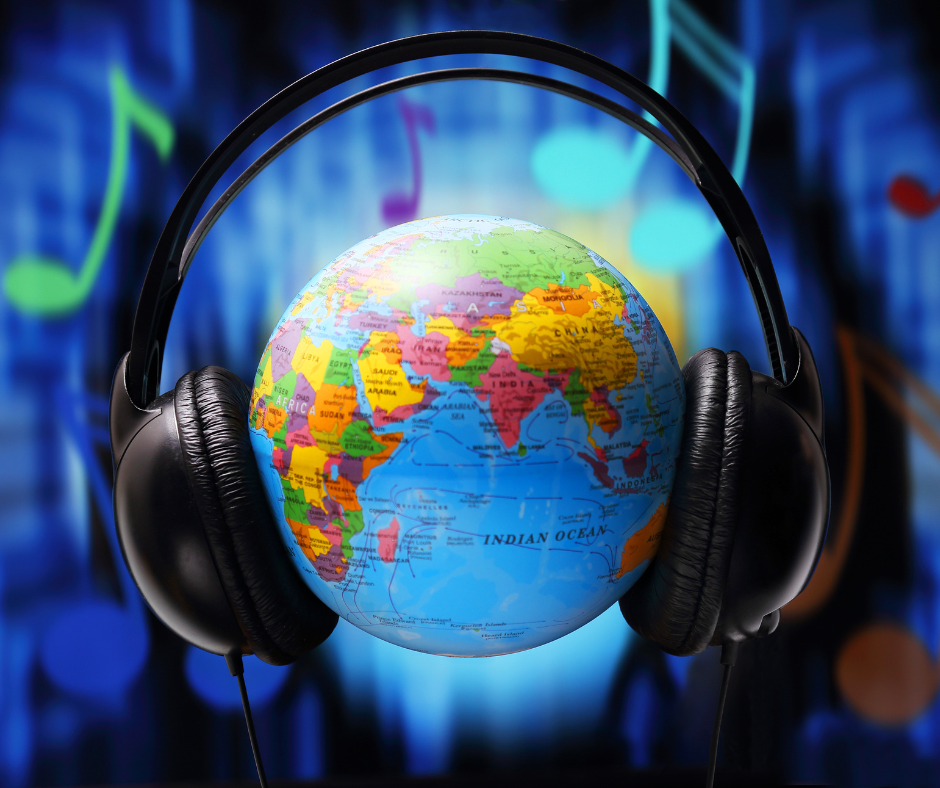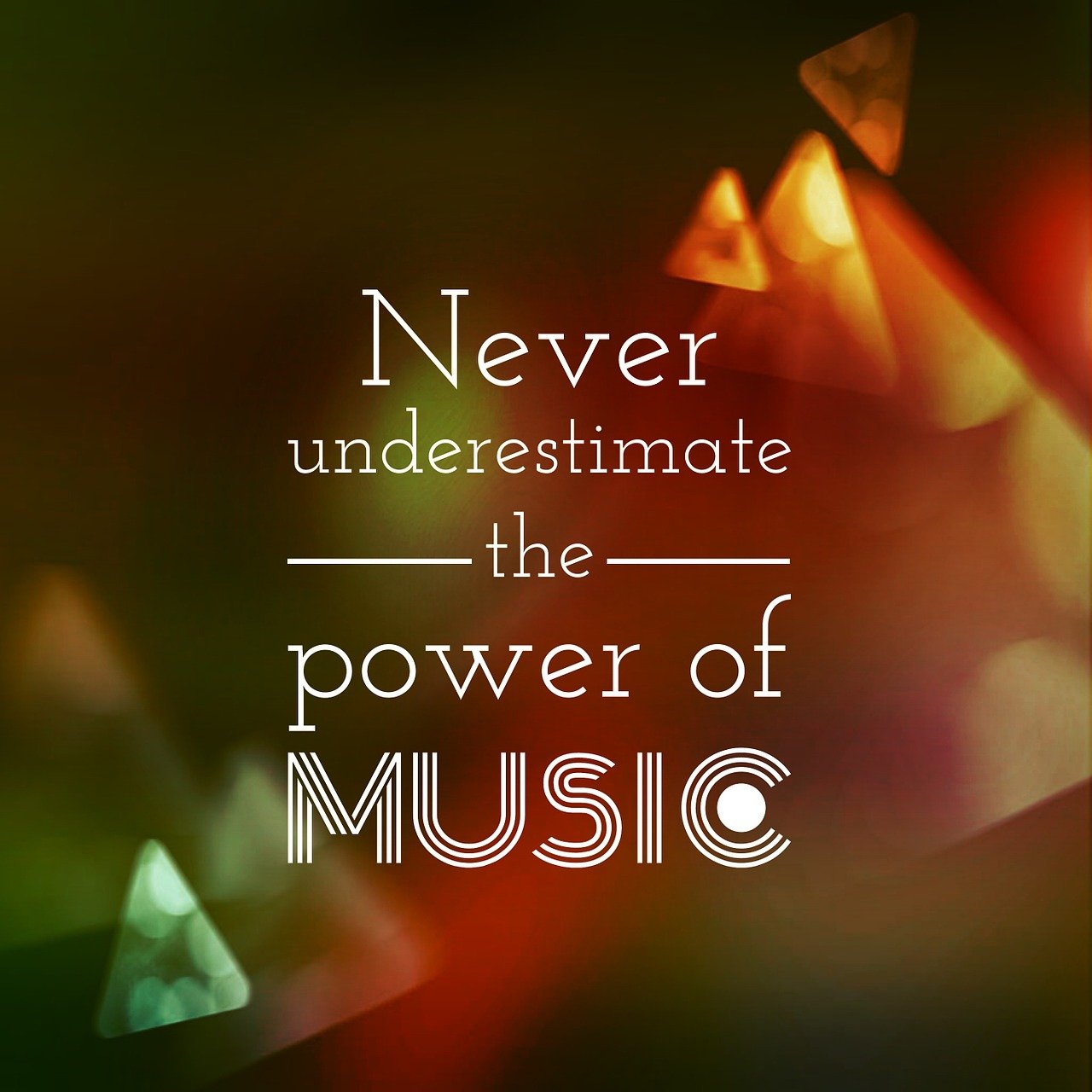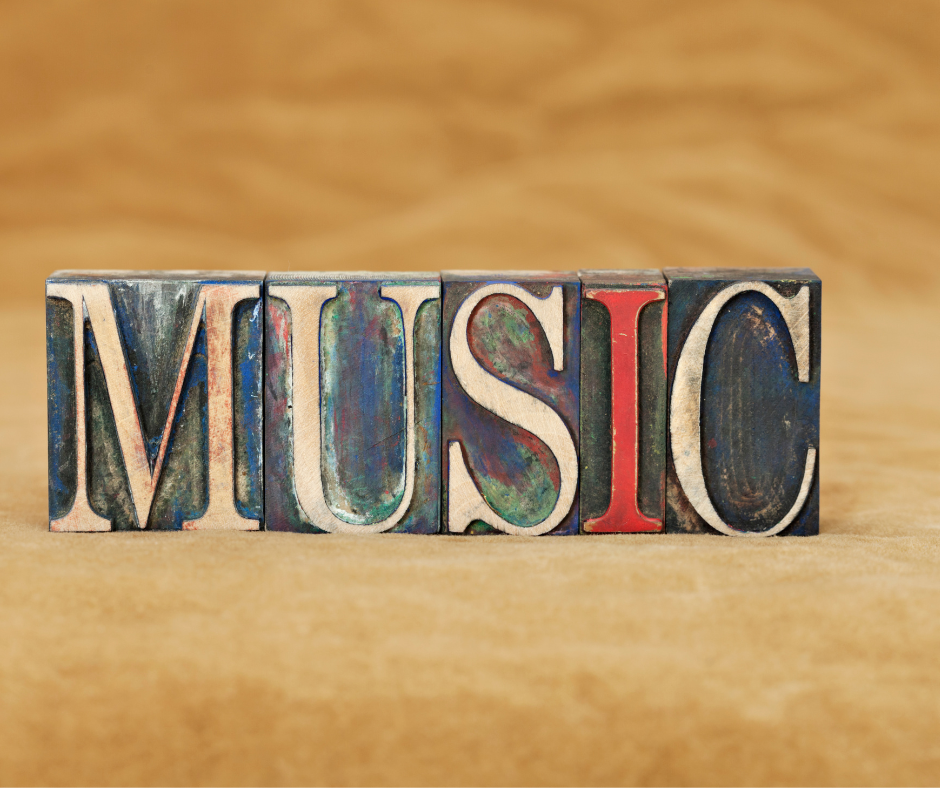
Music The Universal Language
Music is often referred to as the universal language, transcending barriers of culture, language, and geography. No matter where you are in the world, music has the power to communicate emotions and tell stories in a way that words alone cannot. From the rhythmic beats of African drums to the soulful melodies of a violin, music speaks to the human soul, connecting us all in a shared experience. It’s a language everyone can understand, regardless of background or upbringing.
Emotional Resonance
One of the most profound aspects of music is its ability to evoke deep emotions. Whether it’s the joy of a lively pop song, the nostalgia of a classic ballad, or the sorrow of a haunting piano piece, music has the power to touch our hearts. It can uplift us in moments of despair, comfort us during times of loss, and amplify our happiness during celebrations. The emotional resonance of music is why it plays such a crucial role in our lives, accompanying us through all of life’s ups and downs.
Cultural Significance
Music is a vital part of cultural identity and heritage. It reflects the values, beliefs, and traditions of a community, preserving them for future generations. Each culture has its own unique musical styles, instruments, and rhythms that tell the story of its people. From the traditional folk songs of rural communities to the modern beats of urban music, these sounds are a testament to the rich diversity of human expression. Through music, we can learn about and appreciate cultures different from our own, fostering a sense of global understanding and unity.
Cognitive Benefits
Beyond its emotional and cultural significance, music also has remarkable cognitive benefits. Numerous studies have shown that listening to music can enhance memory, improve focus, and even boost intelligence. For children, learning to play an instrument can develop important skills such as discipline, patience, and creativity. For adults, music can serve as a powerful tool for mental stimulation, helping to keep the brain sharp as we age. The cognitive benefits of music are yet another reason why it should be an integral part of our lives.
Therapeutic Power
Music therapy is a growing field that harnesses the power of music to promote healing and well-being. It has been shown to be effective in treating a wide range of conditions, from depression and anxiety to chronic pain and neurological disorders. The soothing effects of music can lower stress levels, reduce pain perception, and even aid in the recovery of patients with brain injuries. Whether used in a clinical setting or simply as a form of self-care, the therapeutic power of music is undeniable.
Social Connection
Music has a unique ability to bring people together. Concerts, festivals, and other musical events create a shared space where people from all walks of life can come together to enjoy a common experience. This social aspect of music fosters a sense of community and belonging, breaking down barriers and building bridges between individuals. Even in everyday life, singing along to a song in the car with friends or dancing at a party creates lasting memories and strengthens social bonds.
Personal Expression
For many people, music is a form of personal expression. Whether you’re a professional musician or simply enjoy playing an instrument as a hobby, creating music allows you to express your thoughts, feelings, and experiences in a way that is uniquely your own. It’s a creative outlet that can be deeply fulfilling, offering a sense of accomplishment and joy. For listeners, music can also serve as a mirror, reflecting their own emotions and helping them process complex feelings.
Education and Awareness
Music is also a powerful tool for education and raising awareness. Songs have been used throughout history to convey important messages, tell stories of social injustice, and inspire change. From protest songs of the civil rights movement to modern-day anthems addressing climate change, music has the ability to inform, inspire, and mobilize people to take action. It can be a force for good, shining a light on issues that need attention and encouraging positive change in society.
The Future of Music
As we look to the future, the importance of music in our lives is only set to grow. With the advent of new technologies, music is becoming more accessible than ever before. Streaming services, social media, and digital platforms have democratized the music industry, allowing artists to reach global audiences and listeners to discover new sounds from around the world. As we continue to navigate an increasingly complex and interconnected world, music will remain a vital tool for communication, expression, and connection.





The is a much needed platform for those in my community and also around my community 👍👍
Good looking! appreciate the support!
FASHO AND THE DOOR IS OPEN
RESPECT IS FIRST AND FOREMOST!
👍👍
Good looking! appreciate the support!